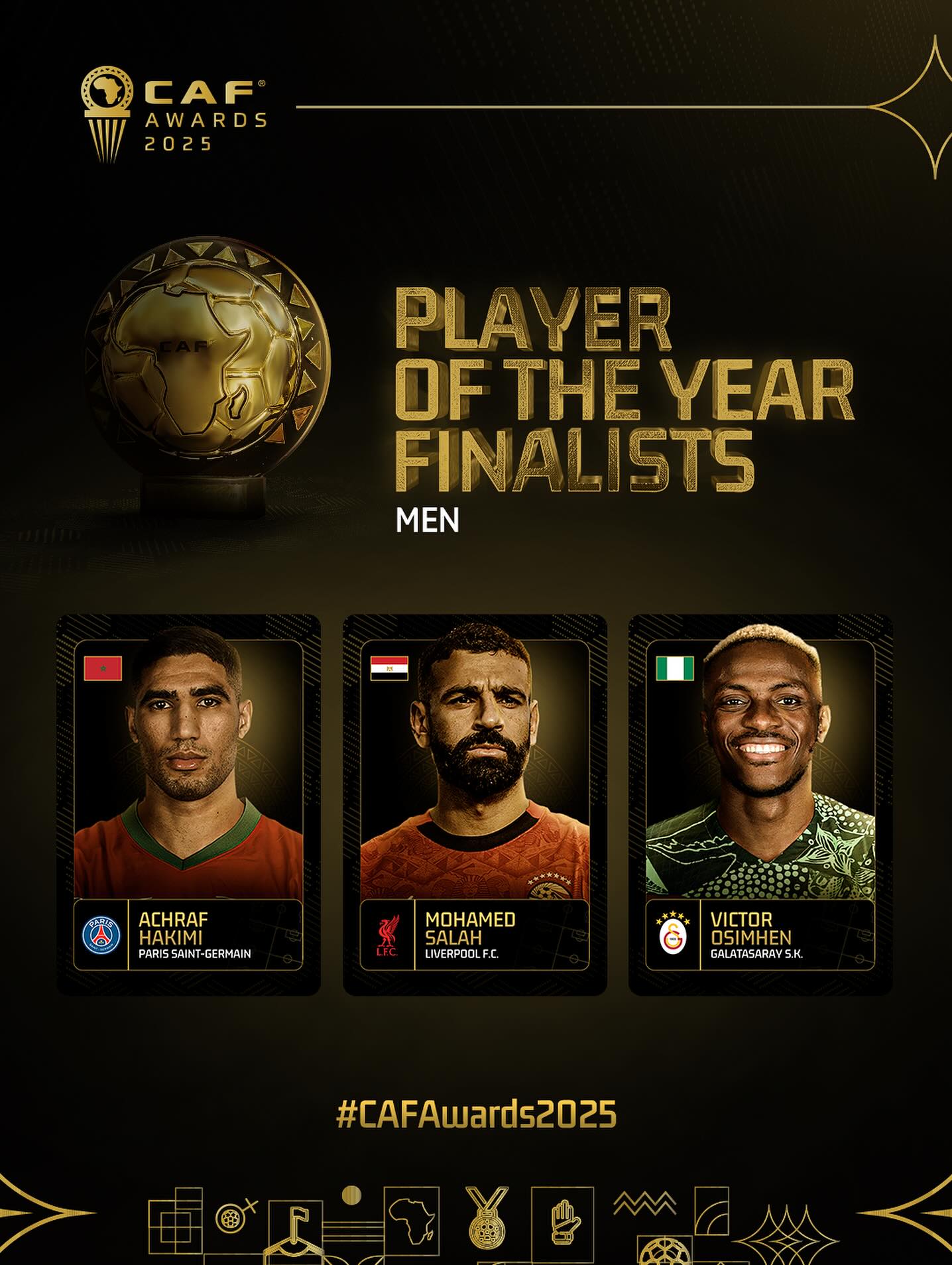By Olawunmi Aranmolate
Alabama Georgia is more than a drummer; he’s a storyteller. From Yoruba roots to global stages, he carries culture in every rhythm. The first talking drummer to appear on NPR’s Tiny Desk with Asake, and the go-to percussionist for Afrobeats’ biggest hits, he has turned the talking drum into a voice the world can’t ignore. In this conversation, he reflects on what it means to guard a tradition while shaping its future.
You’ve become one of the most recognizable faces behind the talking drum today, from global stages to Afrobeats records. Who is Alabama Georgia, beyond the music, and how did your journey with rhythm begin?
Alabama Georgia is more than just a talking drummer — I’m a vessel of rhythm, culture, and energy. My journey started from deep roots in traditional Yoruba sounds, where the talking drum is not just an instrument but a language. Growing up, I was drawn to that conversation between drum and spirit — the way it speaks emotions words can’t. Over time, I found my own voice on the drum and began blending that traditional language with the modern sound of Afrobeats.
The talking drum has become your signature — a symbol you’ve carried proudly across continents. What does that instrument mean to you on a personal and creative level?
Beyond the music, I’m a storyteller, a bridge between heritage and the global stage. Every beat I play represents where I’m from and where the culture is heading. That’s the purpose behind everything I do — to make the talking drum speak in spaces it’s never been heard before.
You made history as the first-ever talking drummer to perform on NPR’s Tiny Desk with Asake. How did that moment shape your sense of purpose as a musician representing Africa?
The talking drum isn’t just an instrument to me — it’s my voice, my identity, and my way of communicating with the world. It carries emotion, history, and spirit. When I play, I’m not just making sound; I’m speaking a language passed down through generations.
You’ve played alongside some of Afrobeats’ biggest names — Davido, Adekunle Gold, Simi, Falz, Yemi Alade, Pheelz, and more. How did that moment shape your sense of purpose as a musician representing Africa?
It shaped my sense of purpose even more — to keep breaking boundaries and creating opportunities for traditional African instruments to shine on world stages. That day reminded me that I’m not just representing myself, I’m representing a whole generation of drummers and African creatives who believe our sound is timeless.
You’re known as a percussionist with unmatched mastery — the sound behind hits like SuperFuji by Oshamo and over 35 others. What do you think makes your sound stand out and keeps these artists coming back to you?
What makes my sound stand out is the conversation between tradition and innovation. I don’t just play the talking drum — I make it speak in ways that fit the modern Afrobeats, especially with my congas, bongos, shakers, and accessories sound while keeping its soul intact. Every artist I work with knows I bring energy, precision, and emotion — I listen to the music first, then let the drum respond like it’s part of the vocals.
What’s your process for bringing life and story into your rhythms?
My process always starts with feeling — I have to feel the song’s heartbeat before I touch the drum. Every rhythm I create has to tell a story, not just fill a space. I listen for what the song is trying to say emotionally — is it joy, pain, love, or pride — then I translate that feeling through tone, dynamics, and groove. The more reason I don’t like playing on beat alone, I always want to hear the lead vocal, even if it’s a rough take of the artist before the main take, because it gives me more direction and confidence.
You’re often called the Guardian of the Talking Drum — what does that title mean to you personally, and how did it come to stick?
The name started to stick because everywhere I go, I make sure the drum is seen, heard, and respected. People began to recognize that I’m not just playing it — I’m preserving its legacy while pushing it into new spaces. So ‘Guardian’ felt right… It’s not a title I gave myself; it’s one the journey gave me.
You’ve already taken the talking drum to stages most never imagined possible. When you think about legacy, what do you want Alabama Georgia’s name to stand for in African music history?
I always think about legacy, and I want the name Alabama Georgia to stand for transformation. My dream is for young drummers coming up to believe they can be more than background players — they can be artists, innovators, and cultural ambassadors. I want to leave a legacy that bridges tradition and the future, where every beat I’ve played becomes a reminder that African sound is not just history… It’s the future of global music.
As this conversation makes clear, Alabama Georgia’s work goes beyond beats. Whether recording hits for Afrobeats’ biggest names or reimagining the Yoruba talking drum for modern audiences, he is shaping a legacy that honours tradition while opening new spaces for African sound. Each rhythm is a reminder: the drum speaks, and the world is listening.




